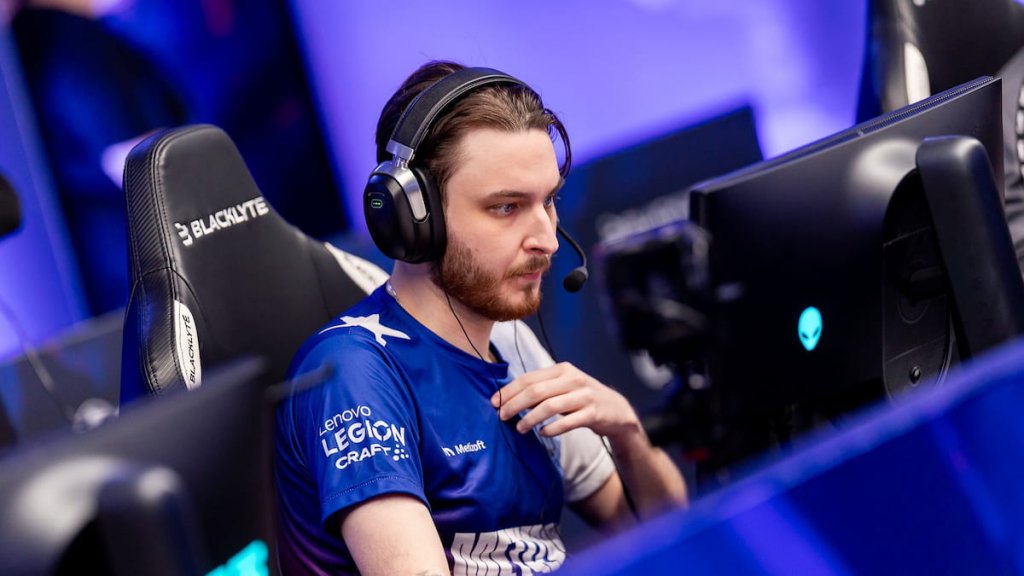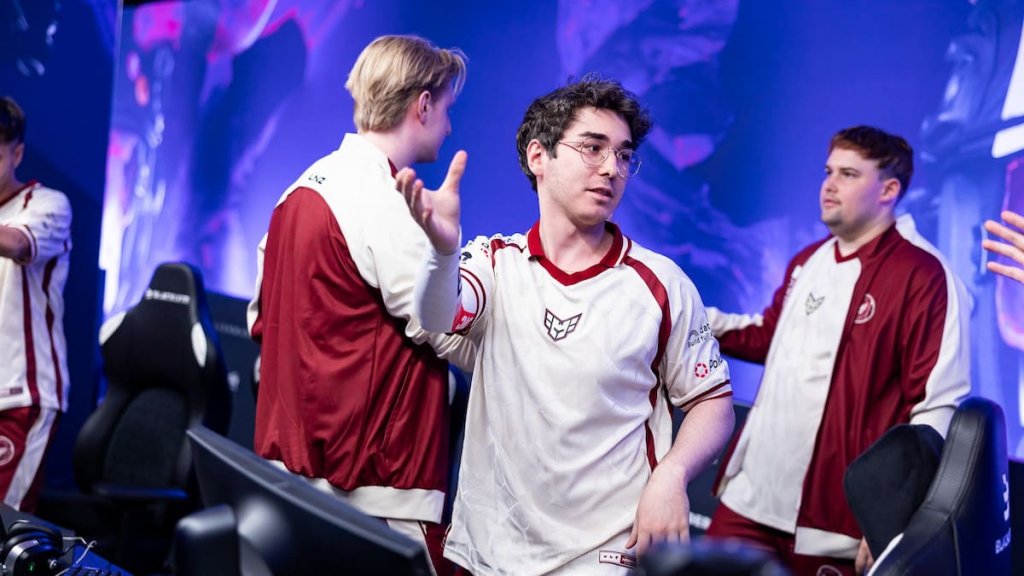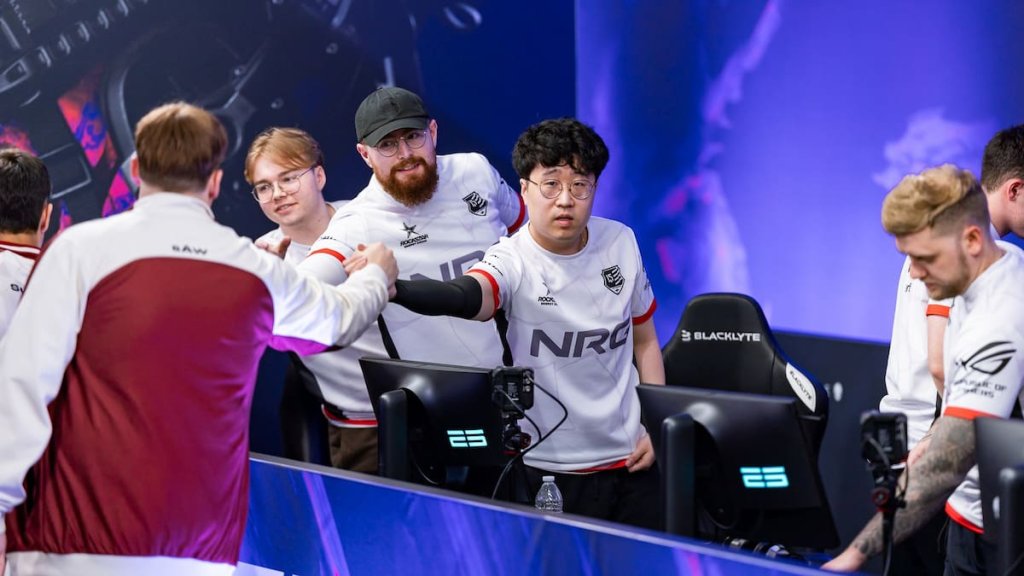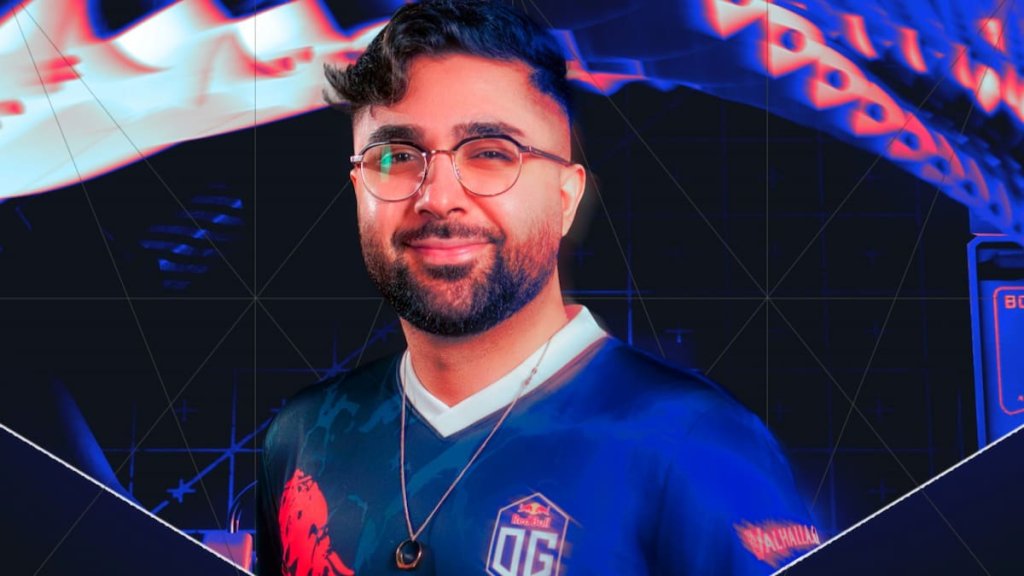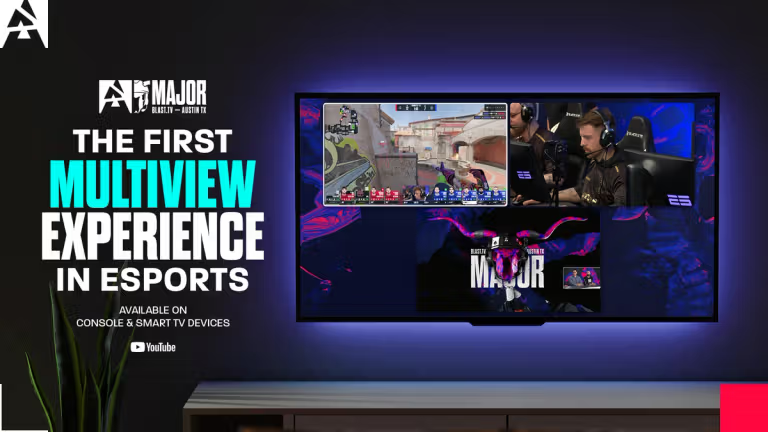
CSPPA and GRID team up – but is it going to fix anything?
The Counter-Strike Professional Players’ Association (CSPPA) recently announced a new partnership with esports data solutions platform GRID. The new deal will hopefully work towards fixing CSPPA’s flawed methodologies.
It’s no secret that the CS Professional Players’ Association has a spotty history as far as transparency, clarity and openness goes. In fact, many would argue that’s a slight understatement and point towards their previous attempt to fix their CSGO world rankings systems.
Their very first release of the world rankings was met with heavy criticism for being wildly off what the established rankings from tournaments were. It changed how ‘valuable’ wins were based on whether or not a tournament fit with the organization’s methodology. This led to the top team from ESL and HLTV landing in fifth place – that’s more than a slight difference in opinion.
Needless to say, they weren’t able to restore their credibility in later updates either… and now fans are already mocking their latest efforts – a partnership with GRID esports. The platform that launched in 2018 has plenty of history partnering with big names – but whether or not this partnership will work out well remains to be seen.
The partnership with GRID
It’s unclear right now exactly what this partnership will look like – the official announcement simply mentioned that GRID is in an ideal position to contribute to CSPPA’s main goal thanks to their experience organizing tournaments in 2020.
That goal? Creating fairer and better conditions for players, and improving their work-life balance. For all the valid criticism of CSPPA’s somewhat weird methods and publications so far, this is an important issue that should not be made light of. Player burnout is a serious issue, and CSSPA has done their fair share of awareness raising. Historically, conditions for esports players have been poor, and many pro leagues have needed to make changes to their way of operating in order to better accommodate their talent.
Many fans question whether the CSPPA’s approaches are really going to help their purpose, especially given that some of them seem to discourage players from, well, playing:
“Current rankings systems incentivise players to play as many matches and tournaments as possible,” the CSPPA’s recent announcement reads. “[Existing rankings] often fail to afford players and teams reasonable protections in case players are unable to attend matches or tournaments due to health and burnout issues.”
A step in the right direction?
It’s definitely commendable that CSPPA wants to fix its ratings and give a better ranking system with more ‘accurate’ placements. They highlight the importance of transparency in their rankings, and CEO Mads Øland, a former football player, even mentioned how much impact these ratings can have on careers.
“We have established the CSPPA World Ranking with the ambition to promote a more sustainable work-life balance for players. We highly value transparency of our world ranking. I believe that a transparent, dynamic, and inclusive ranking not only has a positive effect on a player’s professional career, but it creates value for the entire CS:GO community.”
At the end of the day, we’ll have to wait and see what the new rankings reflect, and how they are put together exactly – they will be published the first Monday of every month from March onwards. The rankings will still depend on a lengthy and complicated rulebook, meaning that whether or not the result is a net-benefit to the world of CSGO and esports in general remains to be seen.
Read next: ESEA Season 36 Europe competition analysis and betting favorites
